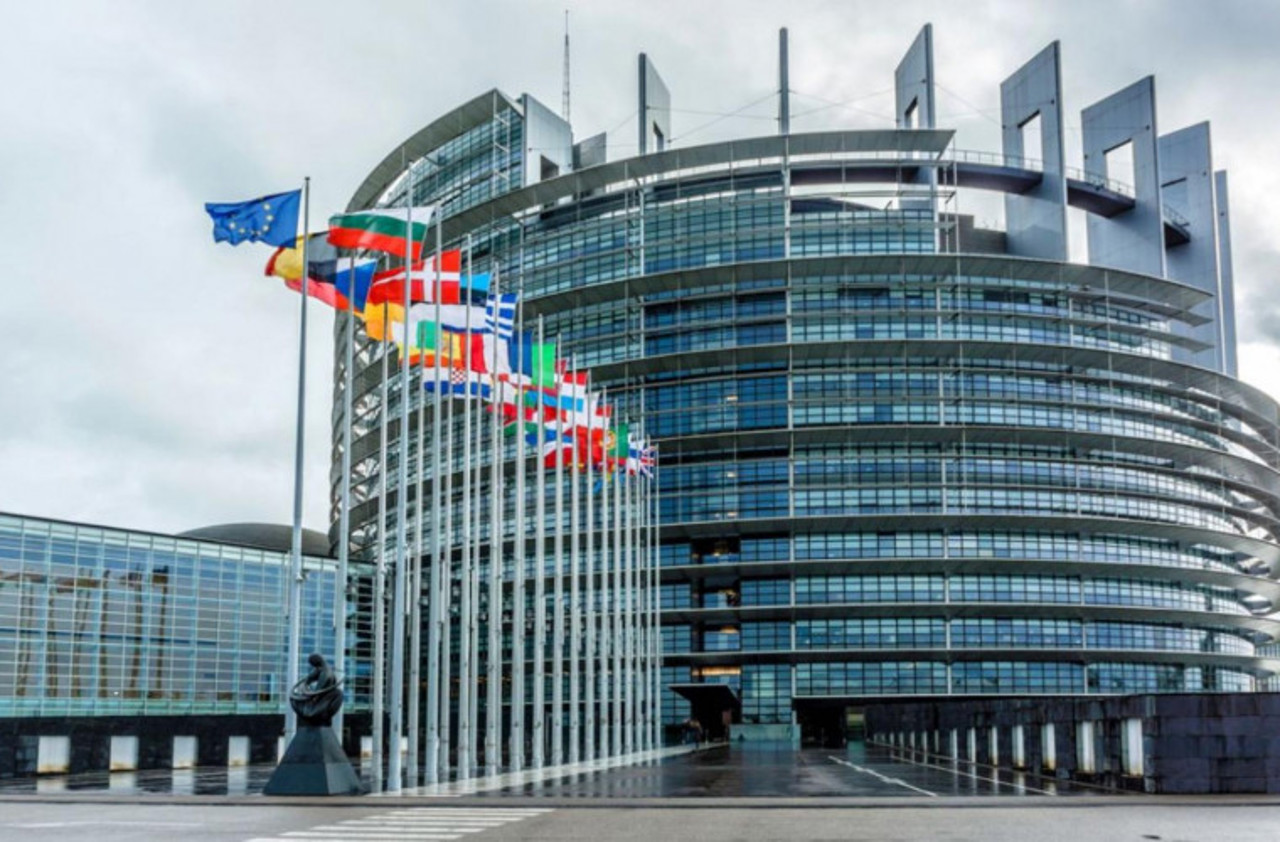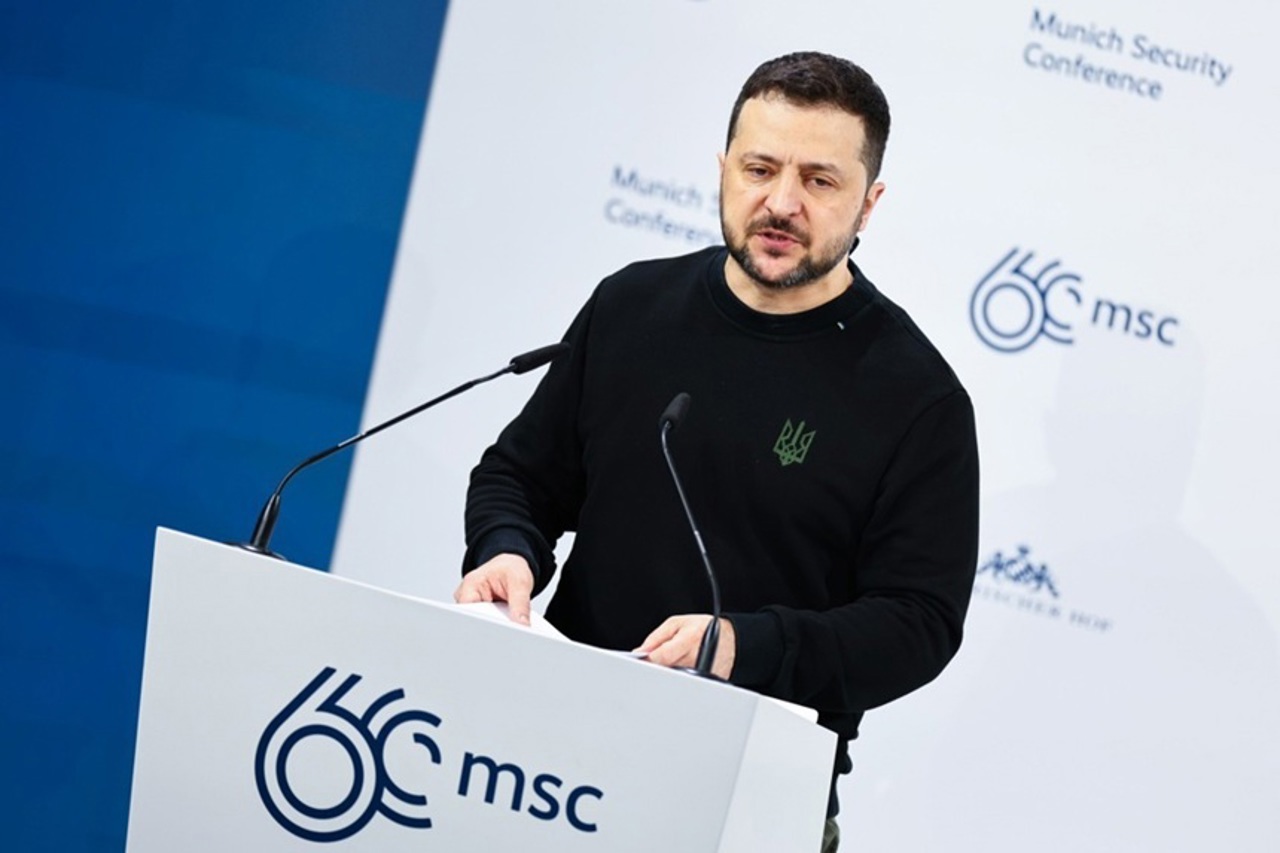The European Parliament's Political Evolution: Extremism and Mainstreaming in Focus
In the current arrangement of the European Parliament (EP), the primary transnational political parties adhere to traditional roles.

They encompass the Christian Democratic Party, representing conservatism within the EPP (European People's Party), followed by the socialist faction, and culminating with the centrist liberal party, Renew. Previously helmed by the Romanian Dacian Cioloș, Renew is poised for potential replacement by an emerging far-right entity.
A significant challenge posed by the extreme right within the European Parliament is their inherent inability to forge cohesive alliances, despite recent projections hinting at the possibility of an extreme right-wing or eurosceptic entity supplanting Renew as the third transnational force.
Though the formation of a unified coalition of right-wing parties in the European Parliament remains improbable this year, it is evident that their strategies aspire to mainstream acceptance, drawing inspiration from the Republican model in the US, the influence of ideologues like Steve Bannon, or akin to the political trajectory of Viktor Orbán in Hungary. Nevertheless, in the 21st century, Europe's extreme right is resolutely aiming to integrate into mainstream political discourse, already embodying attitudes that transcend the margins of society.
Extreme right-wing parties have asserted themselves in various European countries, seizing power in Italy, expanding influence in Hungary, participating in coalitions in Finland, and becoming de facto partners in Sweden's governance. They have also secured representation in Greece's legislature and achieved notable successes in regional elections in Austria and Germany, not to mention their electoral gains in Slovakia.
Regarding AUR in Romania, it has thus far been marginalised due to its absence from the European Parliament. Furthermore, there exists no apparent affinity between the leaders of this Romanian extremist faction, such as George Simion, and the Salvini-Le Pen-Wilders coalition. Despite personal friendships, politics reign supreme, underscoring the disconnect between ideological alignment and personal relationships.
Author: Dan Alexe
Translation by Iurie Tataru





